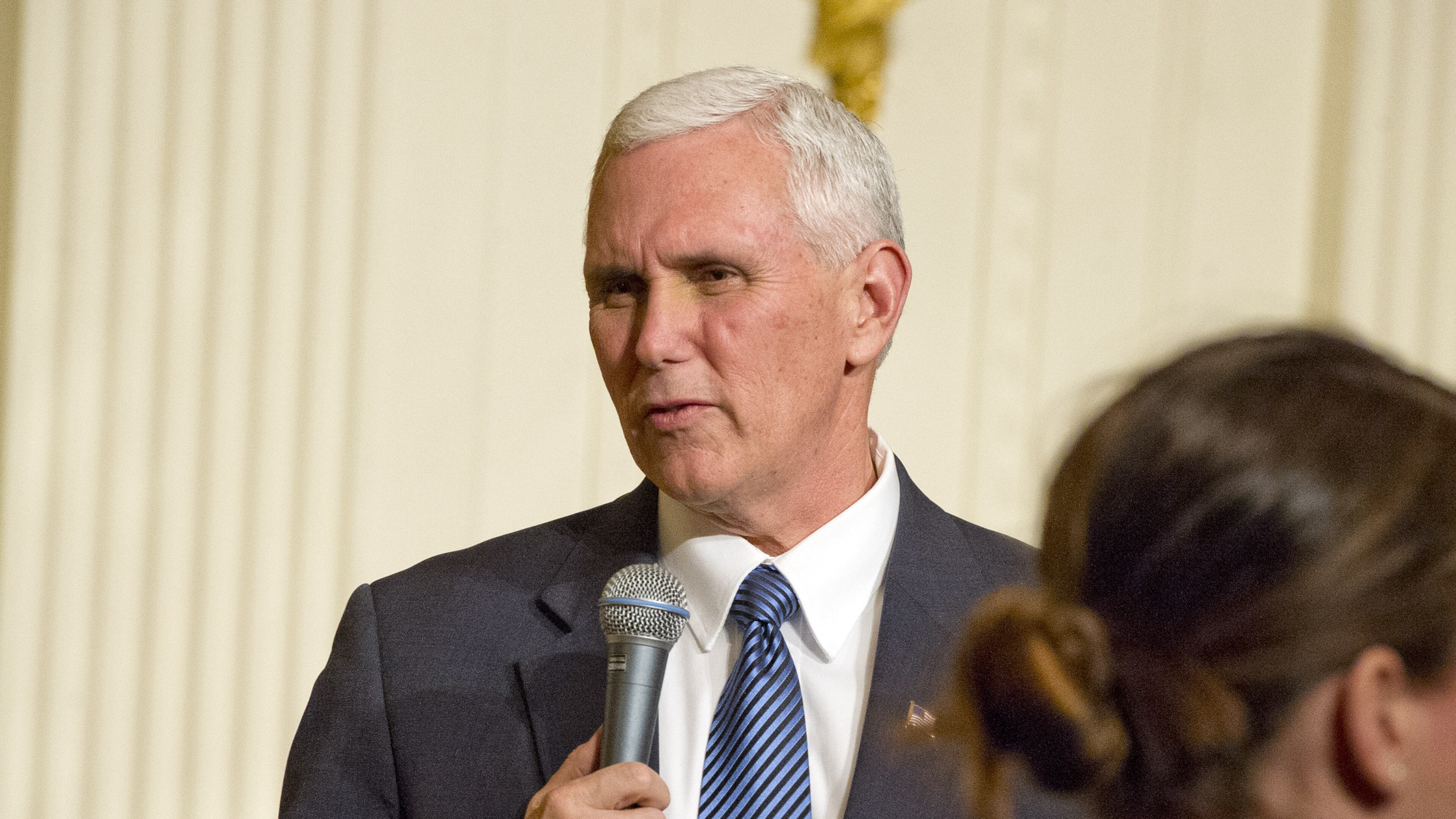Opinion: So soon? The reported resurrection of repeal and replace

The "foreseeable future" may not be so long after all. From the New York Times :
"But efforts to revive the legislation in the House could take weeks, lawmakers conceded, as Congress moves forward with a full plate of other time-consuming issues. And the renewed push did not meet with much enthusiasm from Senate Republicans, who said they had other priorities at the moment.
"Nonetheless, Speaker Paul D. Ryan vowed to renew efforts to repeal the law, despite last's week crushing setback when House Republicans tossed aside a repeal bill because they lacked the votes to pass it.
"Just days after President Trump said he was moving on to other issues, senior administration officials said they still hoped to score the kind of big legislative victory that has so far eluded the White House. Vice President Mike Pence was dispatched to Capitol Hill on Tuesday for lunchtime talks.
"'We're not going to retrench into our corners or put up dividing lines,' Mr. Ryan said after a meeting of House Republicans was dominated by talk of how to restart health negotiations. 'There's too much at stake to get bogged down in all that,' he added.
"Democrats had celebrated what they thought was the demise of the repeal bill on Friday. But the House Republican whip, Steve Scalise of Louisiana, said on Tuesday, 'Their celebration is premature.'
"'I think w're closer today to repealing Obamacare than we've ever been before, and surely even closer than we were Friday,' Mr. Scalise said."
I'm not sure how much of this from Republicans is real and how much is bluster, though it does dovetail with what the AJC's Tamar Hallerman reports today about Georgia's Jody Hice. And it reflects a hard truth for Republicans: They cannot, after campaigning on the repeal of Obamacare for seven-plus years, possibly let Obamacare remain in place and continue to implode, and realistically expect the political fallout to hit only the Democrats. Leaving it in place will transfer some degree of ownership to them, and they'll likely pay a big price at the ballot box if that's where things stand in November 2018.
To answer my question from last week when the House GOP's initial repeal-and-replace plan fell apart, it would appear President Trump has taken this punch quite well if he has really gotten people back to the negotiating table so soon. The real test will be whether the White House and the Congress can agree on a sequence of steps -- legislative and regulatory, because it will take more than one effort at each -- that gets things moving. That will require Trump to acknowledge the congressional holdouts are right that the small details matter greatly in a matter like this, as well as their conceding his point about the big picture politically of moving forward with something mostly agreeable even if it's far from perfect.
If the respective sides can come to that understanding, I don't see why Repeal and Replace 2.0 would be any more difficult now than it was before the first version crashed.
